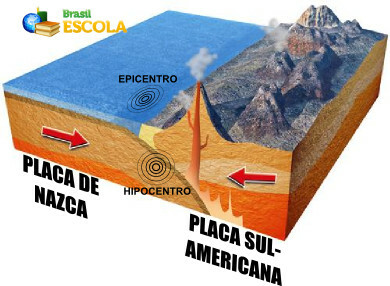Portugal was the first country to look outside the Europe solution to the problems I was going through. The discovery of a new sea route to the Indies was urgent, as it would eliminate the Muslim intermediation in the Mediterranean and the monopoly of Italian cities, Genoa and Venice, and the Eastern trade.
We observed that Portugal stood out from other countries, as it was the place of the perfect movement of ideas. With the Burgundy Dynasty the national state was formed, and with the Avis dynasty expansion was promoted. According to Nobert Elias, the Portuguese nation became politically strong and was the first European country to establish a modern state, dedicated to the commercial-maritime activity, assuming mercantile practices. Portugal quickly realized that the West was no longer defined by Roman religion or Latin culture, but also by political freedom.
The economy, which was based exclusively on agriculture, lost importance to other activities. Port cities grew and with it new professions emerged, small craft industries began to expand and the printing press was improved. A significant social transformation took place in the small towns, made up of merchants, merchants and artisans, who began to “challenge” the power of the nobles.
The Lusitanian man began to rediscover himself, change his values and began to have a new vision of the world and a new stream of ideas, new sensibilities, new customs, new ways of doing policy. The idea that destiny was shaped by superior forces, which characterized man as being passive, was gradually replaced by the conviction that he was the owner of his own destiny.
The Portuguese expansion was entirely planned. Its preparation was the result of a detailed study that gave rise to the idea developed by the School of Sagres, of reaching the Indies bypassing Africa; and Portugal went further, not only communicating with Europe or North Africa, but experiencing other spaces such as “Brazil”, India and the Far East. In this context, the Portuguese nation opened itself to a new world, that is, to new lands. What was so far away, with the maritime expansion became very close.
As we have seen, Portuguese political unity was strong; the kings were well advised, had informants and also had travel reports, and so they knew quickly where to sail and land. The news that reached the country was certainly strategist, informative and made the king follow, even from afar, everything that happened in the newly discovered lands conquered by Portugal.
Contrary to what we think or believe, Portuguese policy was cunning and agreements with other allied or dominated territories were well prepared. The existence of favorable political and institutional conditions was fundamental for the success of this undertaking. Thus, the constant navigations allowed the Portuguese to perceive new spaces, realities, social and cultural behavior. These also enabled the experience of hitherto unknown realities. The old medieval conceptions coexisted with the new modern trends, but the Medieval Lusitanian State slowly disappeared before the Portuguese Modern State.
By Lilian Aguiar
Graduated in History
Brazil School Team
Source: Brazil School - https://brasilescola.uol.com.br/historiag/o-pioneirismo-estado-moderno-portugues.htm



